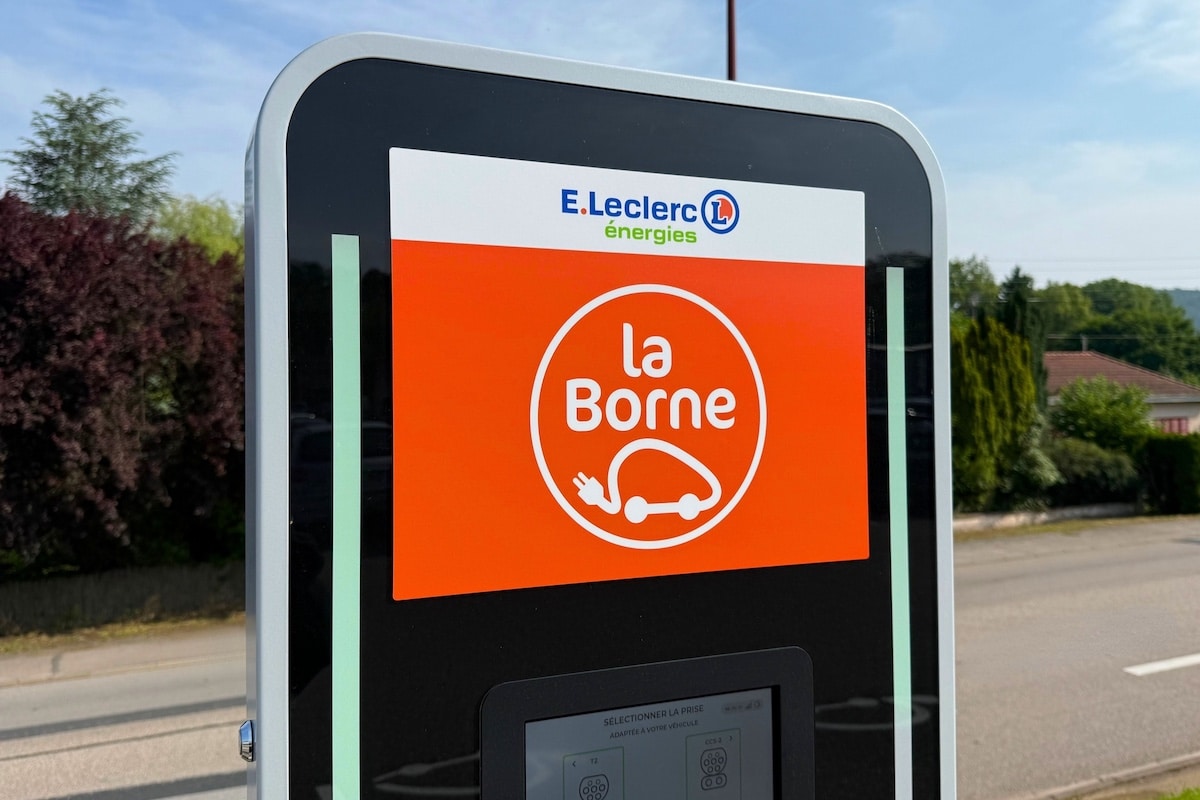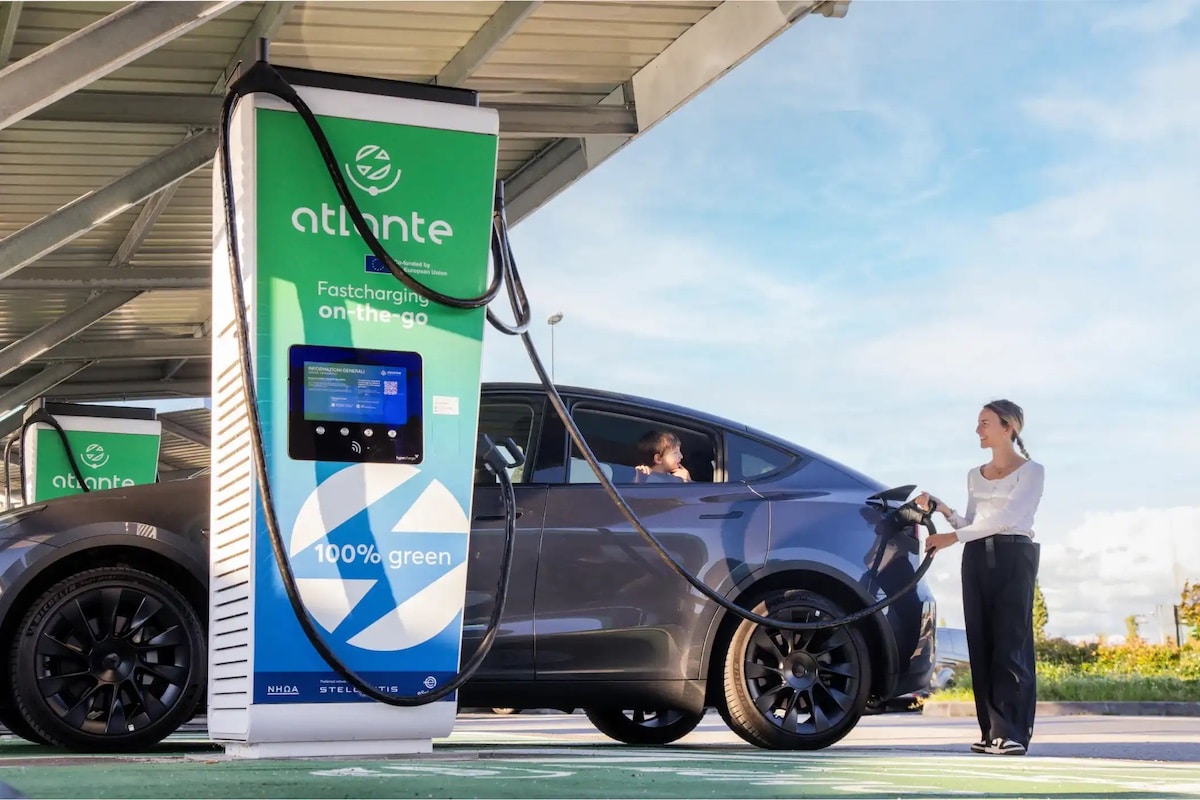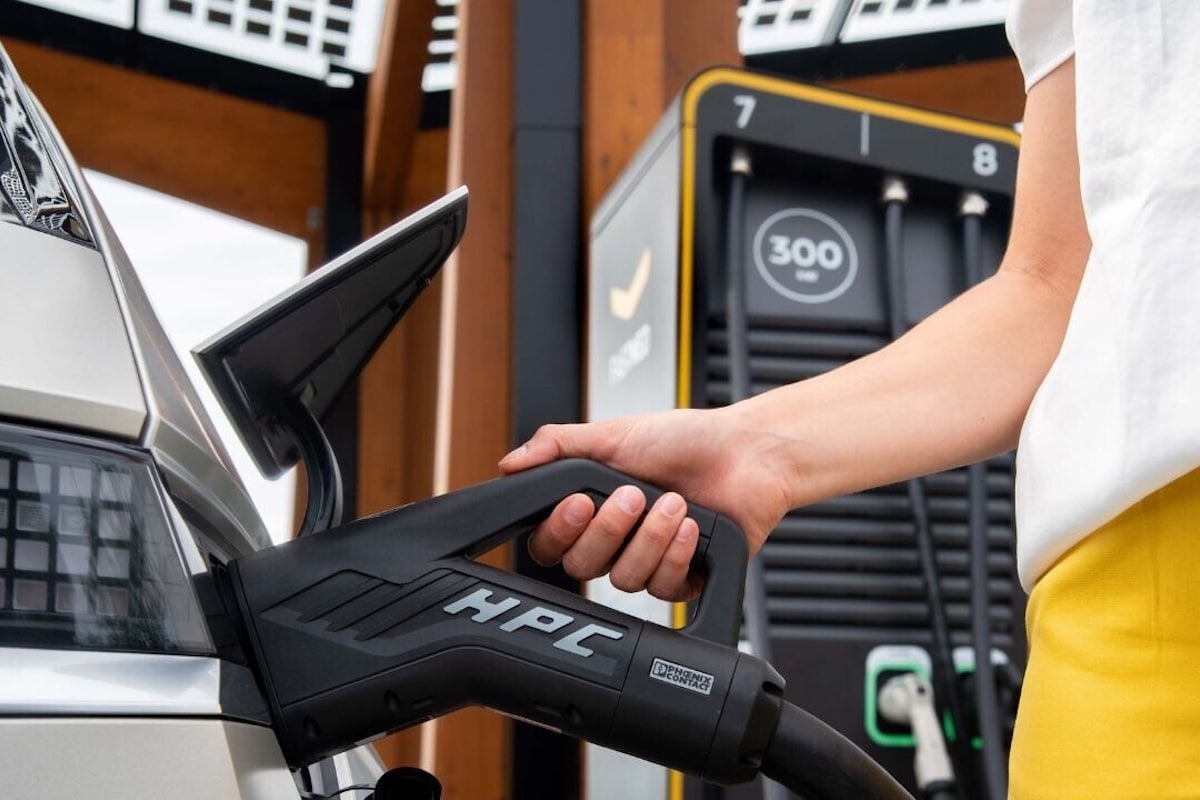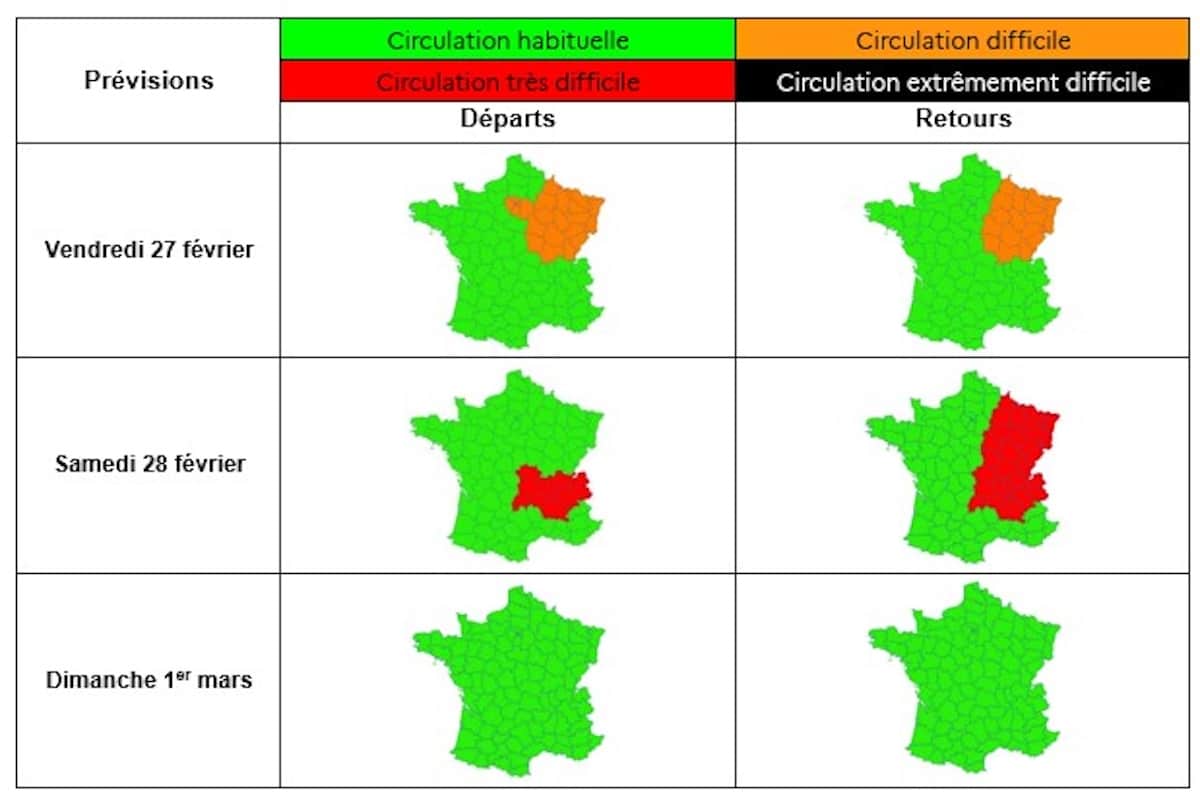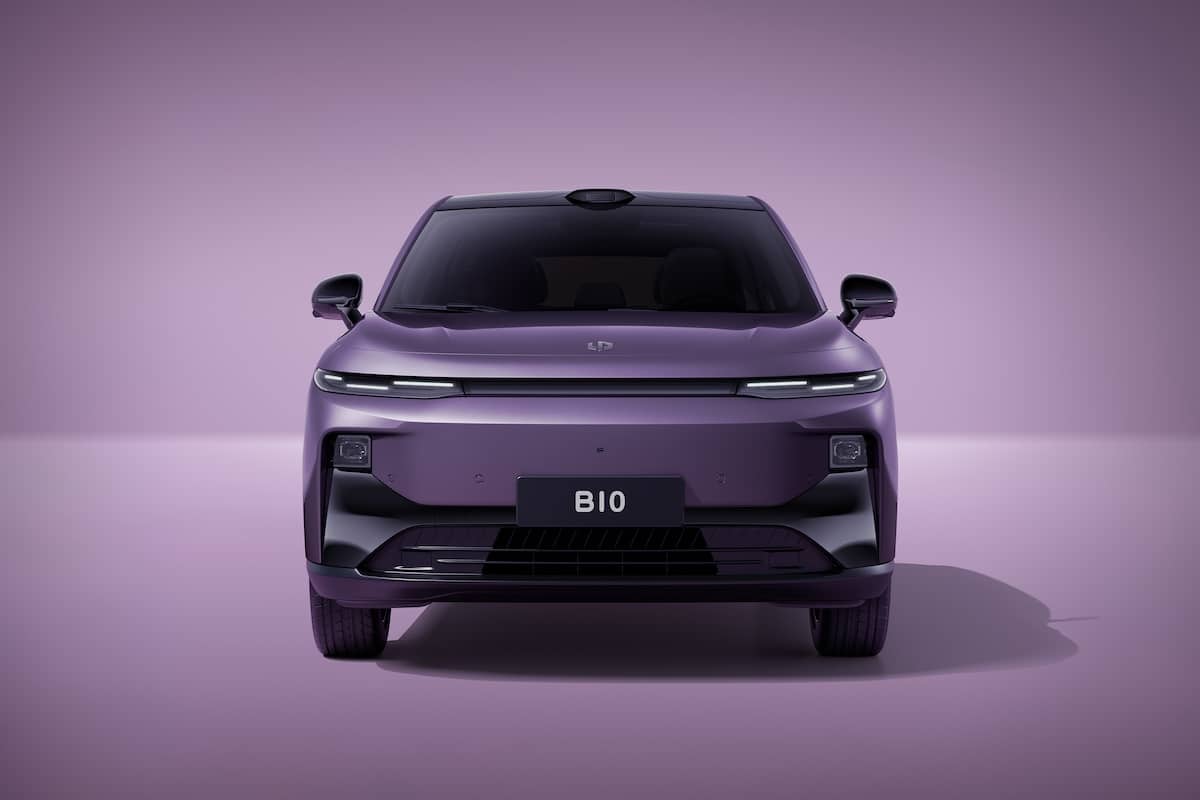Highway Charging: A Pricing Scandal Complicit with the State
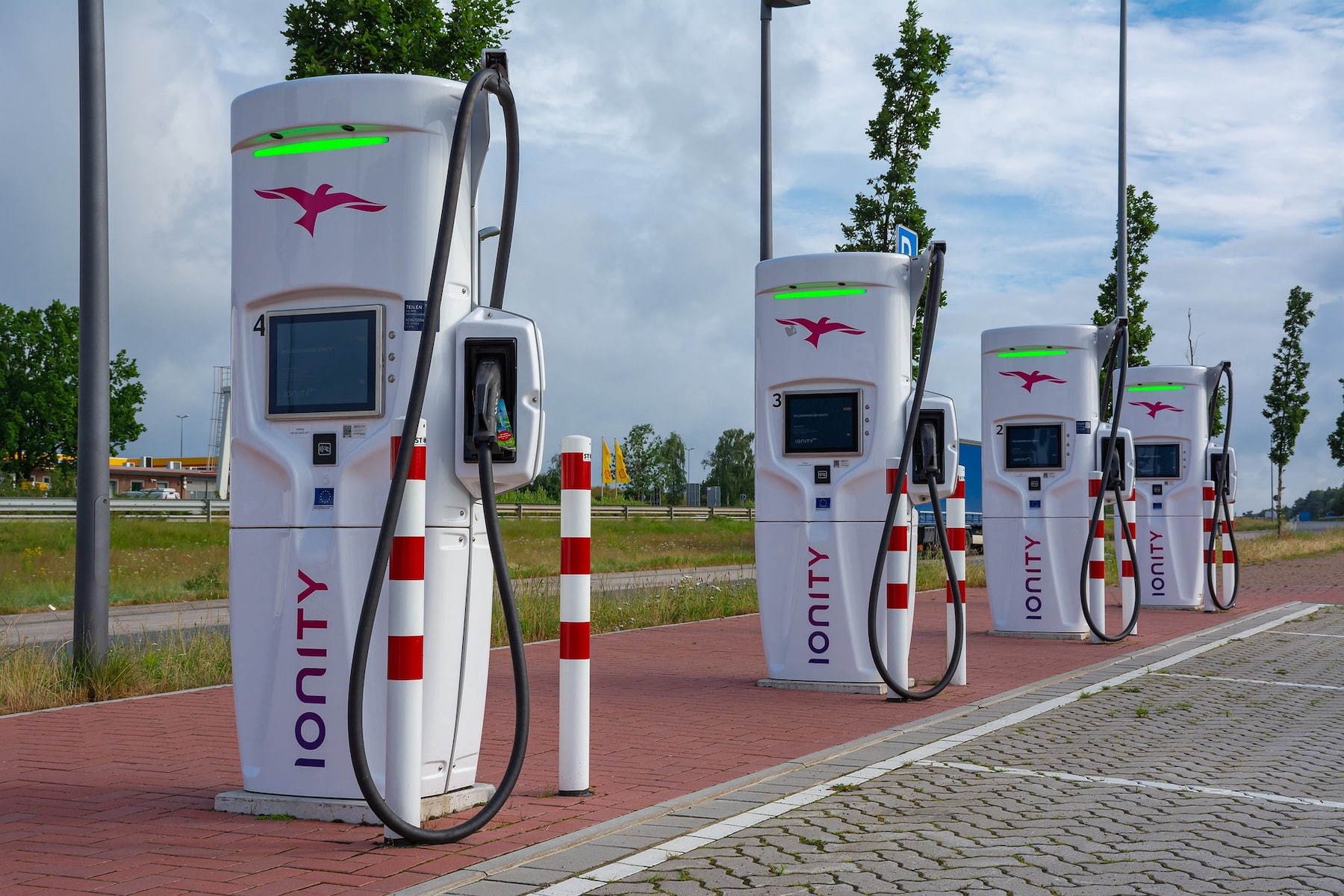
As electric cars become more common, a worrying drift threatens their growth: the exorbitant prices for charging on highways.
With rates reaching up to €0.85/kWh, charging your vehicle can sometimes be as expensive as filling up with fossil fuel. This situation, benefiting from a near monopoly by operators, hinders the energy transition and calls for rapid government intervention.
Scandalous and Unjustified Margins
The main players in rapid charging (Ionity, TotalEnergies, Fastned, Tesla, etc.) purchase electricity on the wholesale market for €0.05 to €0.10/kWh. However, they resell it to motorists for up to 8 times more on the highway. This gross margin, ranging from 400% to 1000%, far exceeds that of traditional gas stations.
Of course, operators justify these prices by citing high infrastructure costs: installation of ultra-fast charging stations (150 to 350 kW), connection to the high power grid, maintenance, and payment management. However, these arguments do not hold up when faced with the disproportionate price differences compared to urban charging stations (around €0.30/kWh) or home charging (€0.12 to €0.20/kWh).
Abuse of Dominant Position on Highways
The major issue lies in the lack of alternatives for motorists. Unlike gas stations, where there is some competition, electric vehicle drivers have no choice on highways. Locations are limited and monopolized by a few players who set their prices without true regulation.
Even worse, highway concessionaires take a commission on charging, further increasing the bill for the end user. This situation creates a pricing trap, where motorists find themselves forced to pay abusive prices due to a lack of alternatives.
An Obstacle to the Energy Transition
The economic argument is one of the main drivers for adopting electric cars. However, if charging a vehicle on long journeys costs as much as filling up with gasoline or diesel, the economic incentive disappears. This could discourage many drivers from making the switch to electric and slow down energy transition goals.
Ironically, many operators benefit from state subsidies to deploy their infrastructure. Yet, no pricing constraints are imposed on them in return. The government partly finances these installations, but allows these companies to charge excessive prices, to the detriment of motorists.
The Government Must Intervene to Regulate These Prices
In light of these abuses, several measures must be urgently implemented:
- Cap the price of charging on highways at a maximum of €0.30 to €0.40/kWh.
- Require operators to be more transparent about their actual purchasing and operating costs.
- Condition public aid on adherence to reasonable pricing.
- Encourage competition by opening the market to new players to avoid monopolies.
Without strict regulation, this pricing scandal could hinder the growth of electric vehicles and favor the continuation of combustion engines. The government has a role in protecting consumers and cannot allow private actors to decide unilaterally on the price of a resource essential for tomorrow’s mobility.
Regulating charging prices on highways is essential to ensure a fair and equitable energy transition.
ALSO READ: Peugeot E-3008: how much does a “manhole cover” rim cost?
This page is translated from the original post "Recharge sur autoroute : scandale tarifaire dont l’État est complice" in French.
We also suggestthese articles:
Also read
